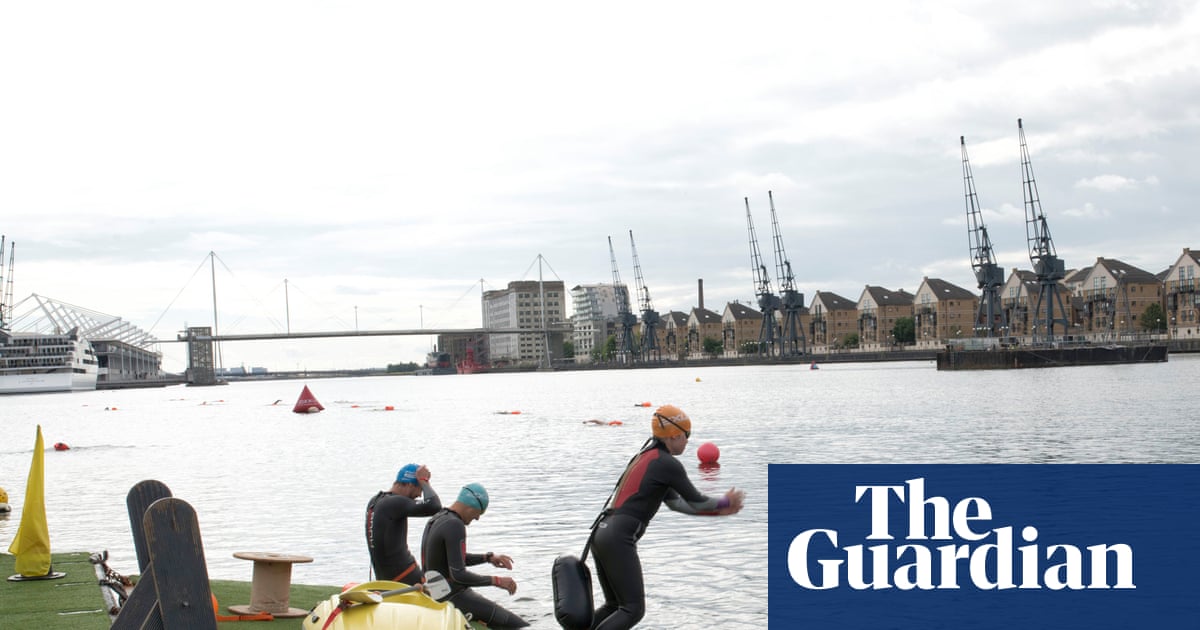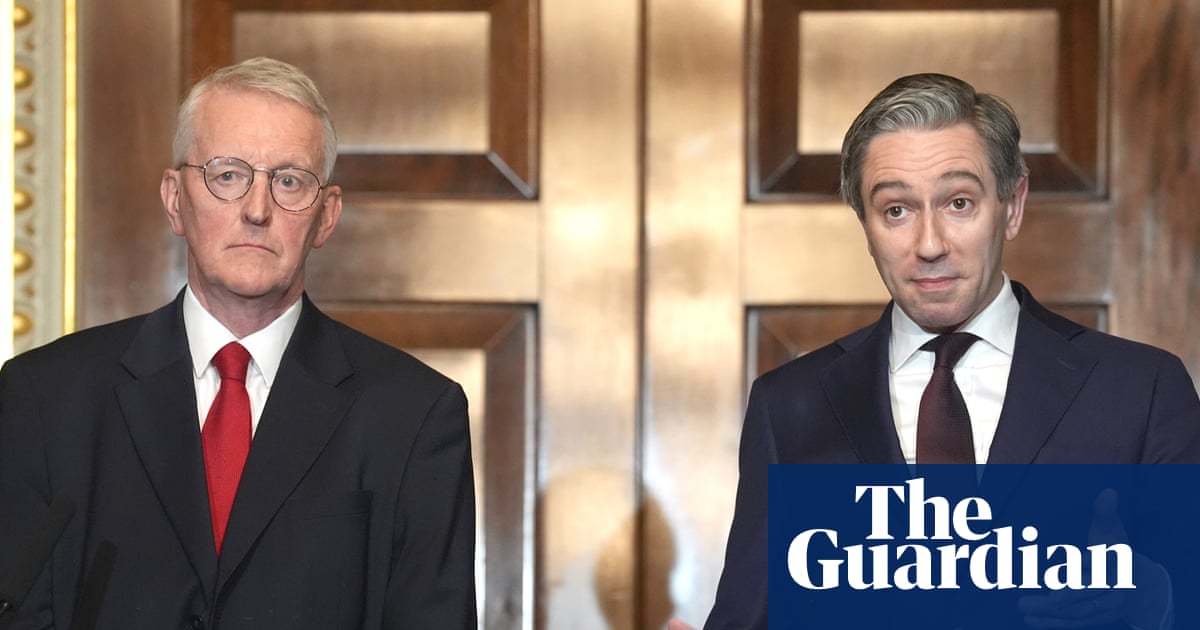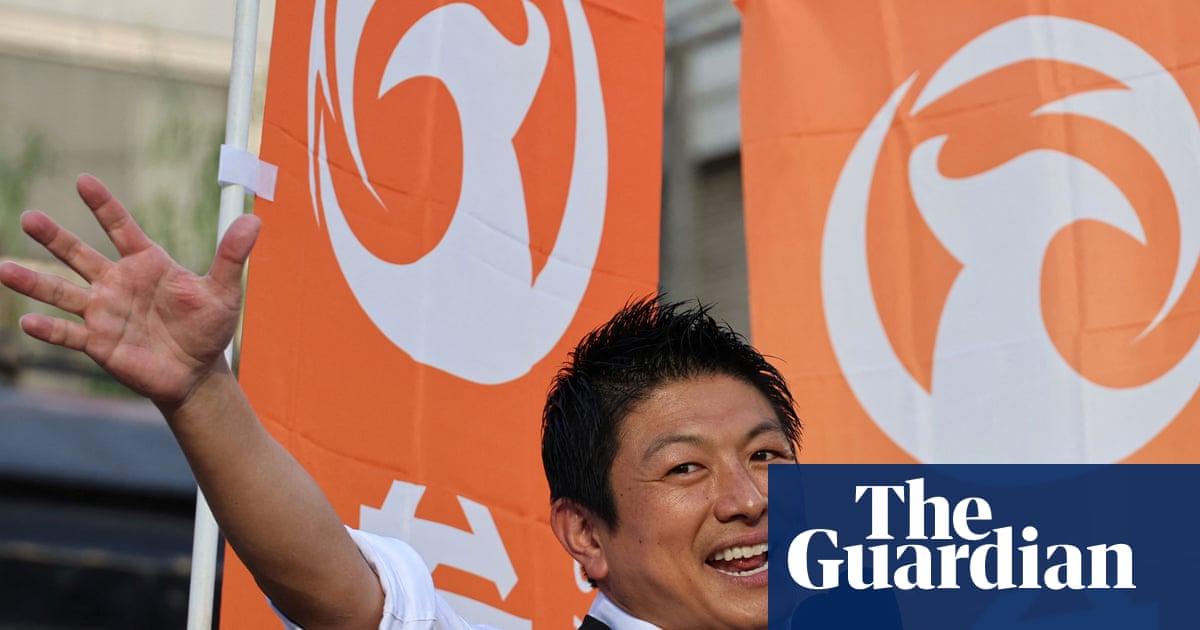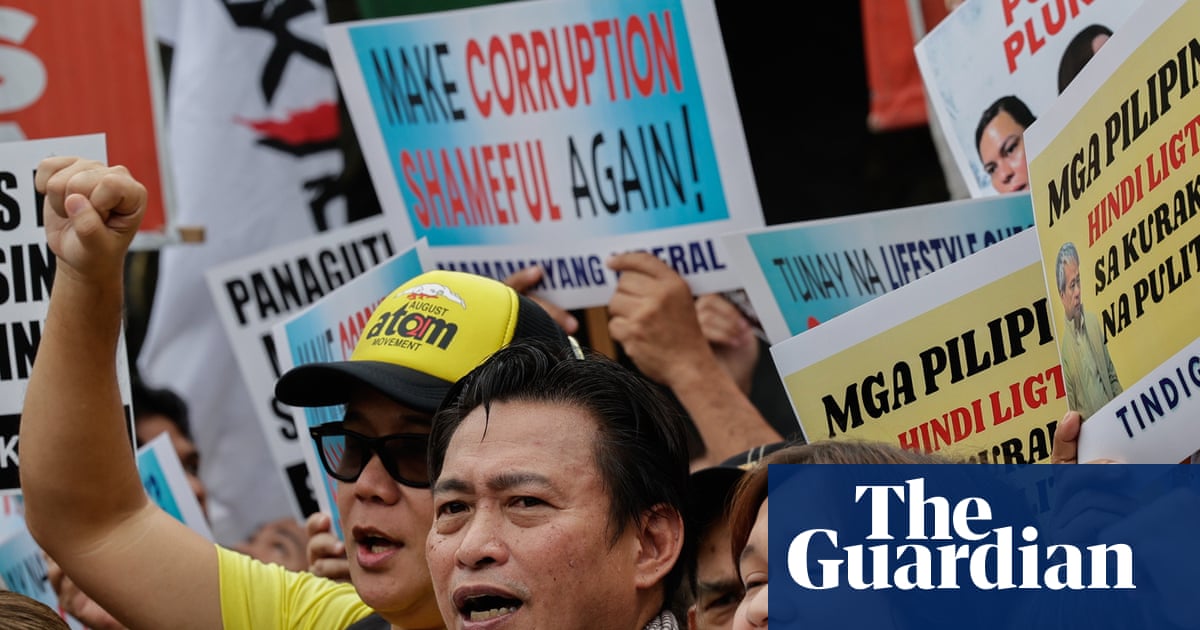The UN organisation for disabled people’s rights has asked the UK government for details about the impact of its welfare bill, expressing its concerns about the potential adverse effects.
In a rare intervention, the Committee on the Rights of Persons with Disabilities asked about the legislation after receiving “credible information” that it seemed likely to worsen the rights of disabled people.
The central element of the bill – changes to personal independence payments – were removed last week to ward off a potential defeat by Labour rebels.
A total 49 Labour MPs still voted against the revised legislation amid continued worries about other changes including to universal credit, the main means-tested benefit for people of working age. Labour backbenchers tabled a series of amendments before its return to the Commons on Wednesday for its remaining stages in the lower house.
A letter from the Office of the High Commissioner for Human Rights, on behalf of the committee, said it “respectfully requests information” about the bill, and in particular the extent of any impact assessment.
It also sought information on “any measures to address the foreseeable risk of increasing poverty rates amongst persons with disabilities if cuts are approved”.
According to an impact assessment by the Department for Work and Pensions released on Monday, the revised bill will mean 50,000 fewer people are in relative poverty after housing costs in 2030. An assessment of the original plans found the measures would have pushed an additional 250,000 people into poverty, with some charities saying this figure would have been higher.
The letter also requests information on the extent of consultation with disabled people and charities ahead of the bill being presented, and whether the House of Lords would be able to give only “limited scrutiny” if, as expected, it is designated as a money bill, limiting the upper house’s powers.
The UN committee called for scrutiny of politicians and others in the UK “portraying persons with disabilities as making profit of social benefits, making false statements to get social and disability benefits or being a burden to society”.
Pointing to previous UN reports criticising the UK for its record over the rights of disabled people, the committee said it had “received credible information indicating that, if approved, the universal credit and personal independent payment bill will deepen the signs of regression” found in earlier reports.
after newsletter promotion
The letter ends by asking UK authorities to respond by 11 August, so the reply can be considered by the committee’s formal session next month.
The Department for Work and Pensions, which is responsible for the bill, was contacted for comment.

 2 months ago
46
2 months ago
46

















































